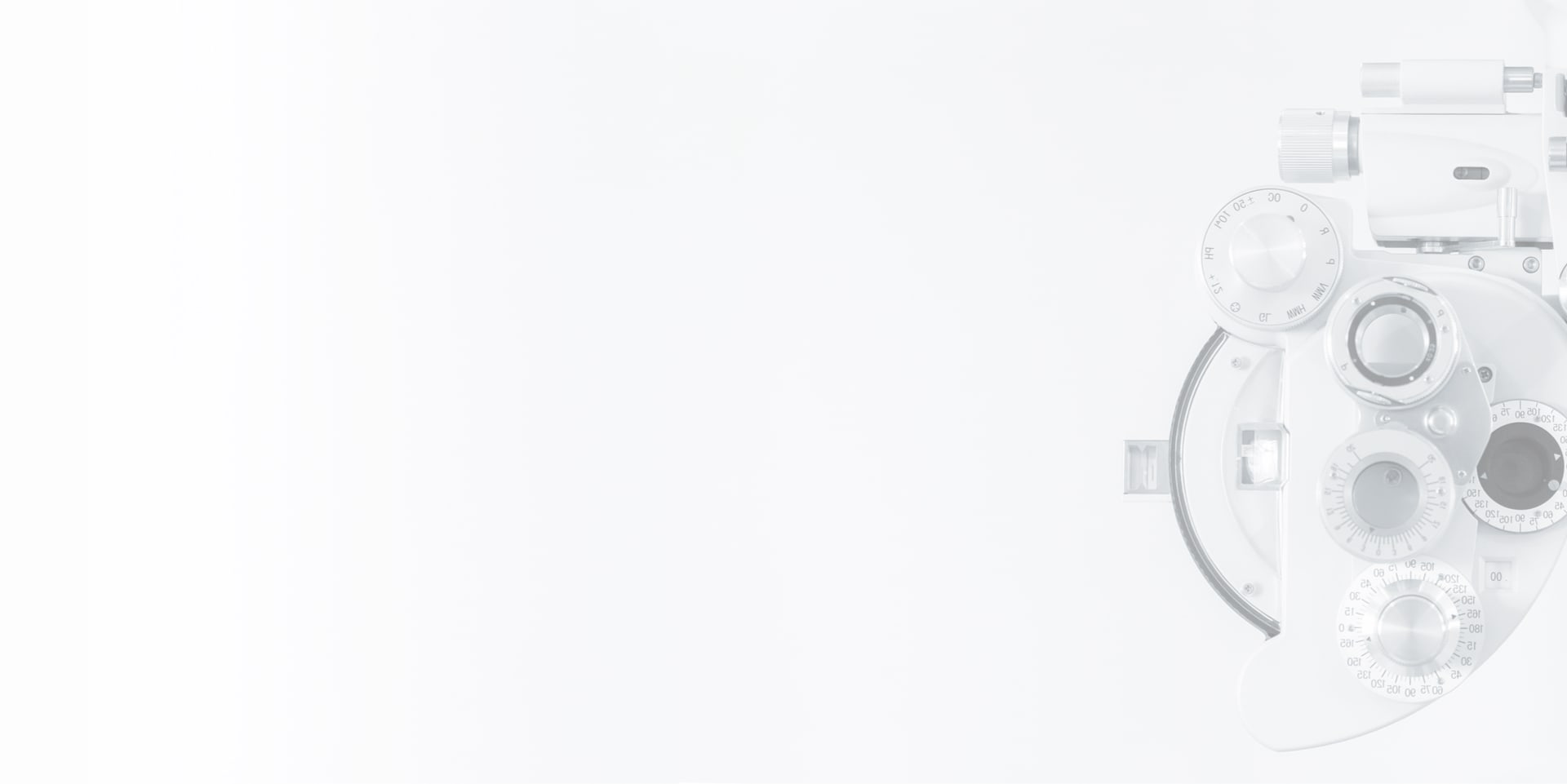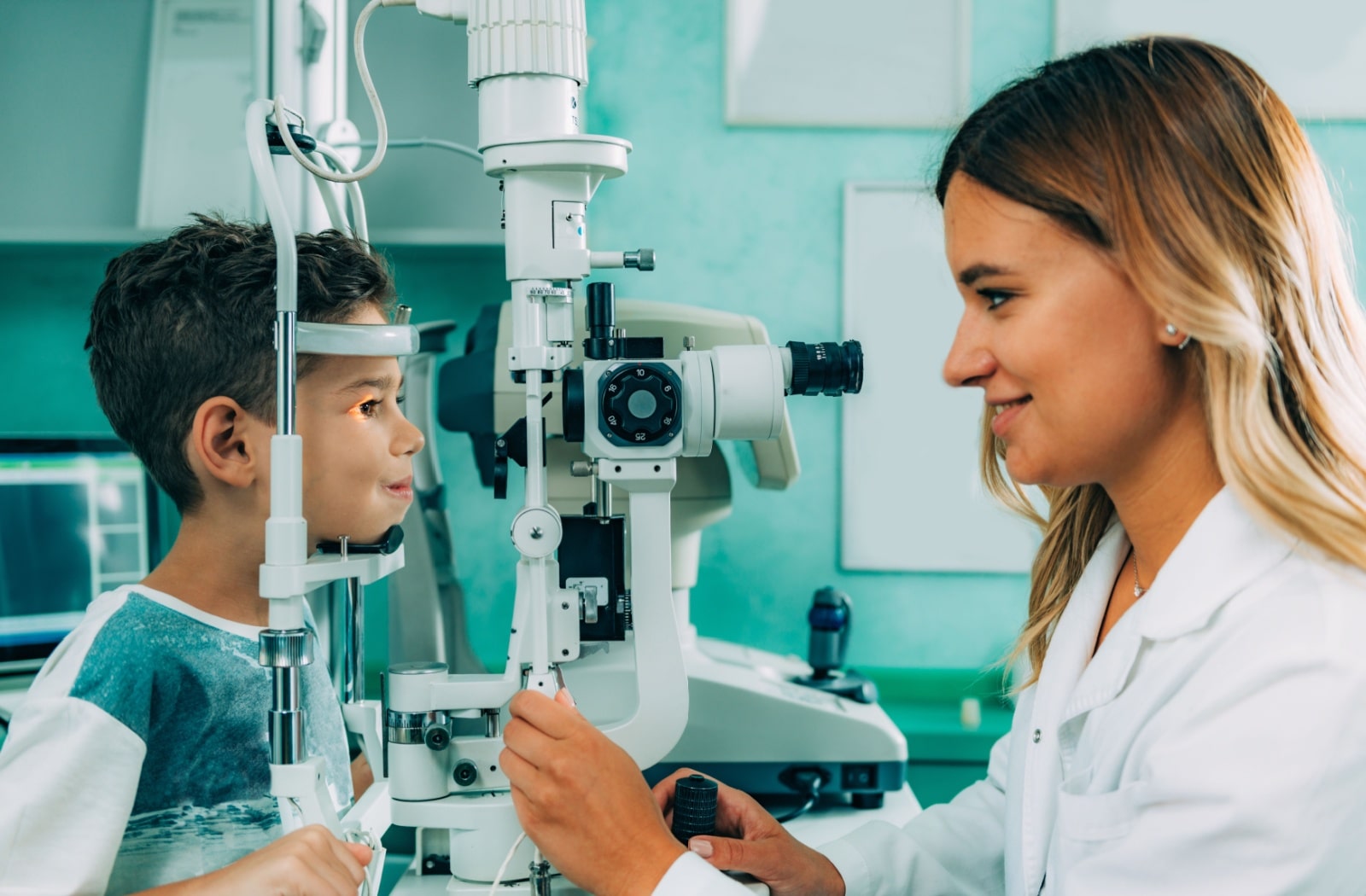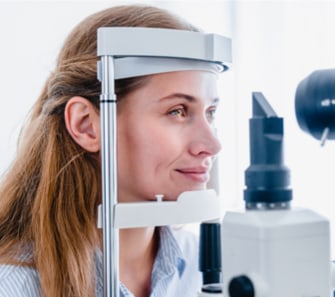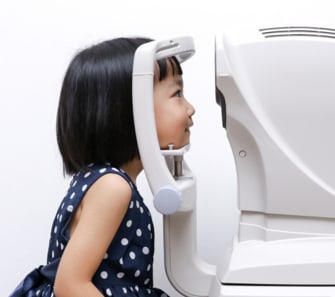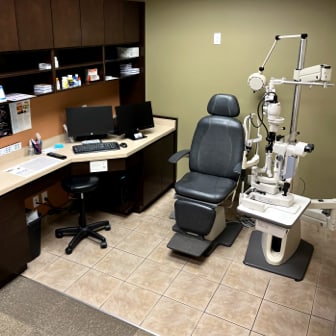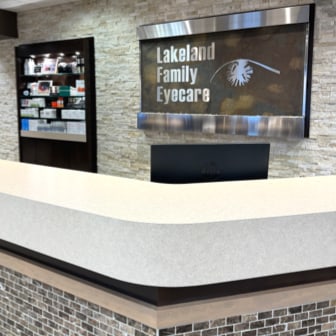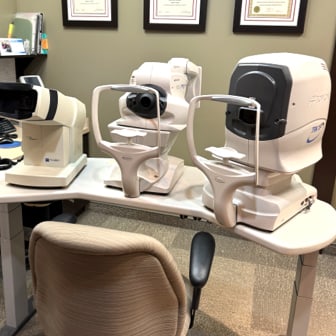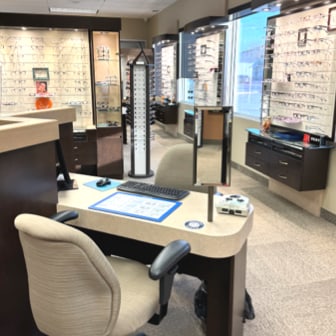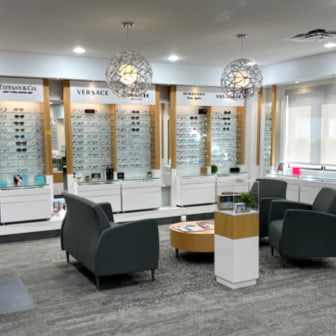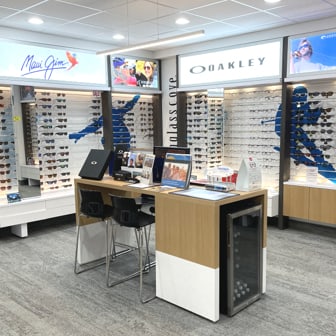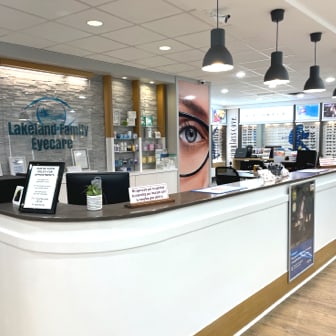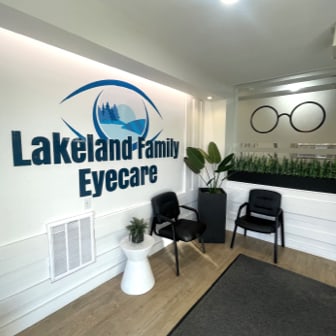Many parents wonder when they should take their child for their first eye exam. The Alberta Association of Optometrists recommends that children have their first comprehensive eye exam between 6 and 9 months of age, the second between 2 and 5 years old, and then every year after that. However, if your child is exhibiting any symptoms of vision problems or has a family history of certain eye conditions, they may need to have their first eye exam earlier.
Signs that Your Child May Need an Early Eye Exam
While most children have healthy eyes and don’t need glasses or vision correction, there are a few signs that may indicate your child needs an eye exam before the recommended age of 6-12 months. These signs may include:
- Constantly rubbing their eyes
- Excessive tearing or discharge from the eyes
- Frequent squinting or blinking
- Red or watery eyes
- Sensitivity to light
- Complaining of headaches or eye pain
If you notice any of these signs in your child, it’s important to schedule an appointment with an eye doctor for a comprehensive exam. Early detection and treatment of vision problems can prevent them from worsening and affecting your child’s development.
Risk Factors for Early Eye Problems
In addition to the signs listed above, there are certain risk factors that may increase the likelihood of your child needing an early eye exam. These include:
- Premature birth or low birth weight
- Family history of eye conditions such as lazy eye or crossed eyes
- Chronic health conditions such as diabetes or juvenile rheumatoid arthritis
If your child has any of these risk factors, it’s important to discuss with their pediatrician about scheduling an eye exam earlier than the recommended age.
What to Expect During Your Child’s First Eye Exam
Many parents may feel anxious about taking their child for their first eye exam. However, the process is usually quick and painless and can provide important information about your child’s eye health. During the exam, the eye doctor will typically:
- Ask about your child’s medical history and any concerns you may have
- Test your child’s visual acuity using age-appropriate methods (such as matching shapes or reading letters)
- Examine the structure of their eyes and check for any abnormalities or signs of disease
- Check for common vision problems such as nearsightedness, farsightedness, and astigmatism
- Perform a visual tracking test to see how well your child’s eyes can follow objects
Depending on the results of the exam, the eye doctor may recommend glasses or contact lenses for your child. They may also recommend follow-up appointments or vision therapy if any issues are detected.
Tips for Preparing Your Child for an Eye Exam
To help your child feel more comfortable and at ease during their first eye exam, here are a few tips to keep in mind:
- Talk to them about the importance of taking care of their eyes and how the doctor is there to help
- Let them know that the exam won’t hurt and explain what they can expect during the appointment
- Bring along their favorite toy or stuffed animal to provide comfort and distraction
- Encourage them to ask any questions they may have about the process
Keeping Your Child’s Eyes Healthy
In addition to regular eye exams, there are other ways to promote healthy vision for your child:
- Encourage healthy habits such as taking breaks from screen time and spending time outdoors
- Ensure their diet includes foods rich in eye-friendly nutrients like vitamins A, C, and E
- Teach them proper hand-washing techniques to prevent the spread of eye infections
- Protect their eyes from harmful UV rays by having them wear sunglasses when outdoors
By following these tips and regularly scheduling eye exams, you can help your child maintain good vision and set them up for a lifetime of healthy eyesight. Early detection and treatment of any eye condition is crucial for your child’s optimal visual development.
Comprehensive Eye Care for Children at Lakeland Family Eyecare
Regular eye exams are crucial for maintaining good vision and overall eye health for children. By starting early and making it a part of their routine, you can help set your child up for a lifetime of healthy eyesight. With the help of a knowledgeable and friendly eye doctor, your child’s first eye exam can be a positive and stress-free experience.
At Lakeland Family Eyecare, our team is dedicated to providing exceptional eye care services for children of all ages. Schedule your child’s first eye exam with us and let us help you keep their eyes healthy and bright!
